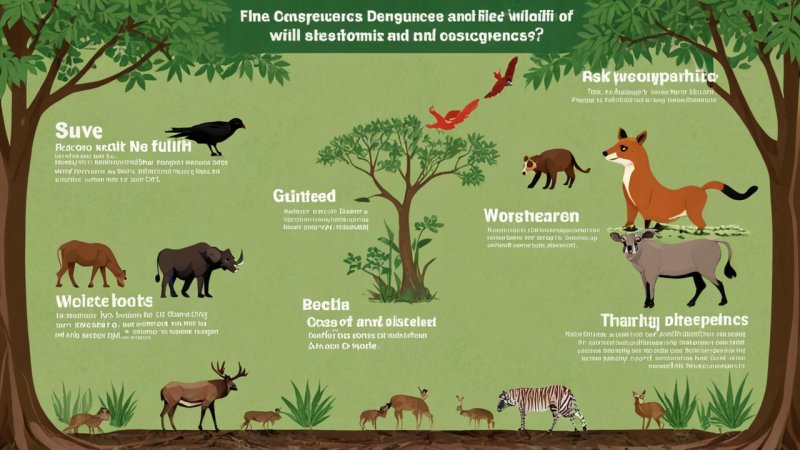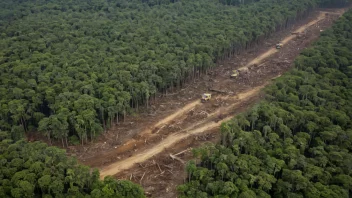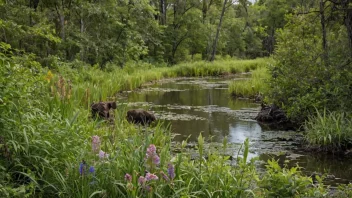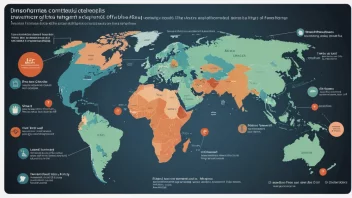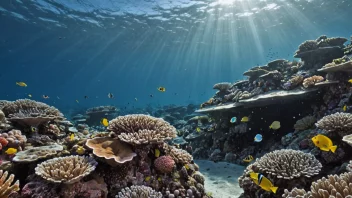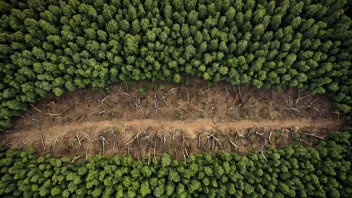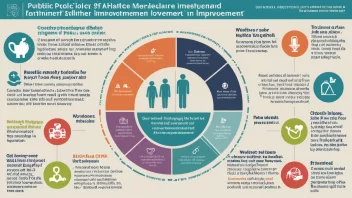is home to countless species, including the endangered jaguar and the vibrant macaw. As deforestation continues at an alarming rate in this region, these species face increasing threats to their survival. The loss of vast areas of forest not only impacts individual species but also disrupts entire ecosystems, affecting the intricate relationships among plants, animals, and microorganisms.
One of the most critical consequences of deforestation is habitat fragmentation. When large expanses of forest are cleared, the remaining patches become isolated from one another. This isolation creates barriers for wildlife movement, making it difficult for animals to find mates and migrate to new areas. Such fragmentation is particularly harmful for species that require large territories to thrive, such as elephants and large carnivores. The reduced genetic diversity resulting from isolation can lead to inbreeding and increased vulnerability to diseases, further jeopardizing these populations.
The effects of deforestation extend beyond wildlife; they also impact ecosystems and human communities. Forests play a vital role in regulating the climate, maintaining soil health, and purifying water supplies. When trees are removed, these essential functions are compromised, leading to soil erosion, water scarcity, and increased greenhouse gas emissions. The loss of trees also contributes to climate change, which poses additional threats to wildlife through altered weather patterns and extreme events.
Moreover, deforestation has significant social implications. Many indigenous communities depend on forests for their livelihoods, cultural practices, and spiritual beliefs. The destruction of these ecosystems not only displaces these communities but also erodes their traditional knowledge and connection to the land. A holistic approach to conservation must consider the rights and needs of these populations alongside wildlife preservation.
Efforts to combat deforestation and its impact on wildlife are gaining momentum. Conservation organizations are advocating for sustainable land-use practices, reforestation, and the establishment of protected areas. Governments are beginning to recognize the importance of preserving forests, not just for biodiversity but for the overall health of the planet. Initiatives that promote eco-friendly agriculture and responsible logging practices can help minimize the impact of human activities on forests and wildlife.
In conclusion, the impact of deforestation on wildlife and habitats is profound and multifaceted. It is crucial that we prioritize the preservation of forests and the biodiversity they support. Through collective action and a commitment to sustainability, we can help protect these vital ecosystems and ensure a future where both wildlife and human communities can thrive.
Understanding Deforestation's Consequences for Wildlife
Deforestation poses a significant threat to wildlife and ecosystems, impacting species survival and human communities alike.
